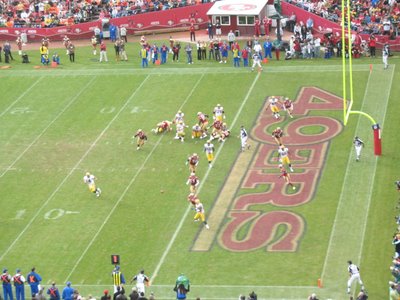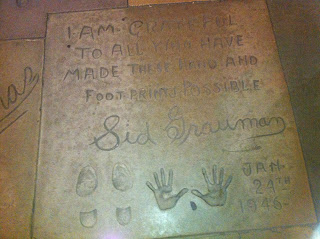 |
| Children's Day booths, Redwood City, 4/29/12 |
The Children's Day celebration at Fair Oaks Community Center caused only a 15-minute delay in Sandwiches on Sunday, where five churches take turns making a hot meal on Sunday afternoons in Redwood City. (Previous posts are here, here, and here.)
The community center's manager, Teri Chin, apologized for not informing us about the festivities. It's all right, we said to her, you obviously have a lot of other concerns on your mind. Besides, as volunteers we learned long ago that things don't go according to plan.
We served 55 diners, about two thirds of normal. Some of our regulars were dissuaded by the crowds and lack of parking, and a few were allergic to the presence of uniformed police officers at the Children's Day fair. So there was more food for the guests who did come.
The kids from the Sunday School poured the lemonade and spooned the lasagna and salads onto the plates. This Sunday we had brought 21 volunteers, ranging in age from 7 to 70. There wasn't much to clean up, because the guests deposit all the trash into receptacles. After 90 minutes we headed back home.
(For more information on the Sandwiches on Sunday program, please contact St. Pius Parish of Redwood City. )


























